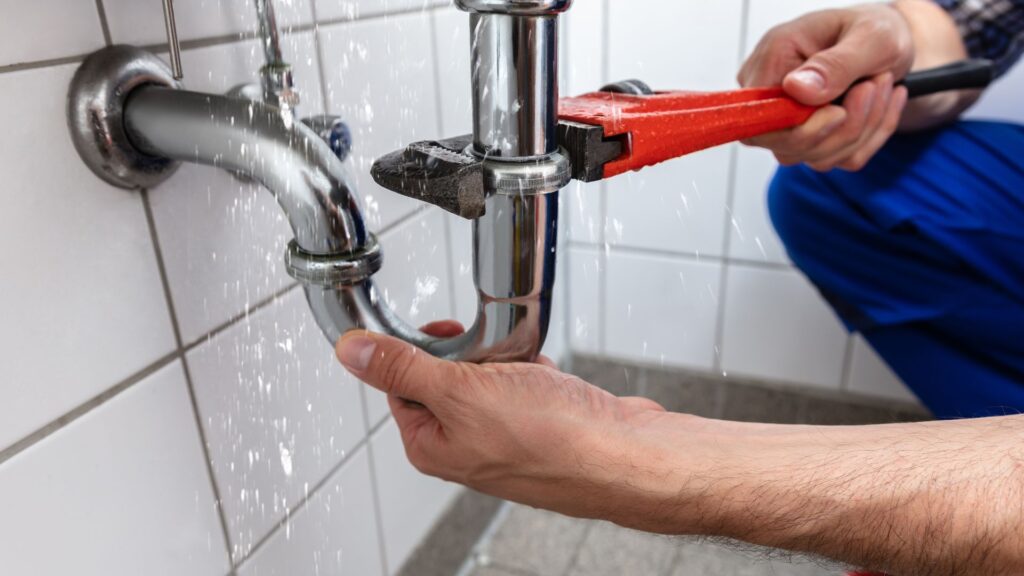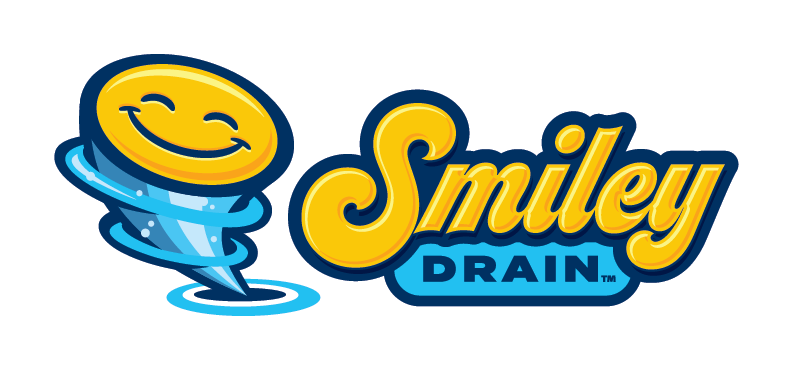Plumber training has increasingly shifted to address emerging industry needs, reflecting the evolving demands of modern infrastructure and residential systems. As cities expand and building designs become more complex, the role of a plumber requires advanced skills beyond traditional pipe fitting and repair. Training programs now emphasize modern techniques, safety protocols, and sustainable practices, ensuring professionals can manage advanced water systems efficiently. With a growing focus on efficiency and reliability, a plumber must be equipped to handle new challenges, from innovative installation methods to environmentally conscious water management. This shift in training strengthens the workforce, providing communities with skilled professionals capable of maintaining and improving critical plumbing infrastructure.
Modern Plumbing Techniques
Plumber training increasingly emphasizes modern plumbing techniques that address current construction demands and advanced water systems. Professionals learn innovative installation methods, precise leak detection, and system upgrades that enhance efficiency. A plumber trained in these techniques can reduce downtime, improve water flow, and maintain safety standards in both residential and commercial projects. As building designs become more intricate, understanding new pipe materials, fittings, and connection methods ensures durability and reliability. These programs prepare a plumber to implement modern strategies seamlessly, making them invaluable to contractors and property owners seeking consistent, high-quality plumbing solutions.
Safety and Compliance Training
Ensuring safety and adherence to regulations is a central focus in plumber training. A plumber must navigate complex local codes, environmental standards, and workplace safety protocols to avoid hazards. Programs now incorporate real-world scenarios, hands-on exercises, and regulatory updates to build competence and awareness. Proper training equips a plumber to prevent accidents, maintain legal compliance, and protect property and personnel. By prioritizing safety education, the industry ensures plumbing systems are installed and maintained responsibly, reinforcing trust between professionals and clients while reducing the risk of costly repairs or violations.
Understanding Local Plumbing Codes
A plumber must master local plumbing codes to ensure installations comply with legal standards. Proper knowledge prevents violations, safeguards property, and ensures systems operate efficiently, reinforcing professional credibility while maintaining safety and reliability in both residential and commercial plumbing projects.
Environmental Standards in Plumbing
Compliance with environmental standards is essential for modern plumbing. A plumber trained in eco-friendly practices reduces water waste, manages hazardous materials responsibly, and ensures systems meet regulations, promoting sustainable operations and protecting communities from potential environmental hazards.

Workplace Safety Protocols
Workplace safety is a critical part of plumber training. A plumber must follow safety procedures to prevent accidents, injuries, and damage. Proper adherence safeguards personnel, maintains productivity, and ensures legal compliance during all installation, maintenance, and repair tasks.
Hands-On Regulatory Training
Incorporating real-world exercises enhances a plumber’s understanding of regulations. Practical training allows professionals to navigate code requirements, handle emergency scenarios safely, and develop confidence, ensuring plumbing systems are installed and maintained with high standards of competence and accountability.
Accident Prevention and Risk Management
Training focuses on preventing accidents and managing risks effectively. A plumber learns to identify hazards, implement safety measures, and reduce costly errors, ensuring installations and repairs maintain legal compliance while protecting clients, property, and the overall integrity of plumbing systems.
Sustainable Water Management
Sustainability is a growing priority in plumbing, and training programs now include eco-friendly practices. A plumber learns to implement water-efficient systems, conserve resources, and minimize environmental impact through proper installation techniques. This includes managing greywater systems, low-flow fixtures, and advanced piping solutions designed for efficiency. By focusing on sustainable water management, a plumber can contribute to long-term cost savings for property owners and promote environmentally responsible infrastructure. These programs encourage professionals to adopt solutions that balance performance, conservation, and regulatory compliance while addressing the global push for greener urban and residential systems.
Advanced Troubleshooting Skills
Plumber training now emphasizes advanced troubleshooting to equip professionals with problem-solving capabilities for complex systems. A plumber develops analytical skills to identify leaks, pressure issues, and blockages quickly and accurately. Hands-on simulations and modern diagnostic tools prepare professionals to handle emergency situations efficiently. This training reduces service delays and improves system reliability. By mastering advanced troubleshooting, a plumber ensures optimal functionality across diverse residential and commercial networks. The focus on practical problem-solving enhances their adaptability, making them capable of addressing evolving industry challenges and maintaining plumbing systems with precision and confidence.
Technological Integration
Modern plumber training increasingly incorporates technology, from digital diagnostics to automated monitoring systems. A plumber learns to use software, sensors, and modern equipment to enhance efficiency, detect problems early, and maintain precise water flow. Technology integration allows faster repairs, accurate installation, and better long-term maintenance planning. By embracing these tools, a plumber can reduce manual errors and optimize overall system performance. Training programs ensure that professionals understand both traditional and tech-driven approaches, preparing them for the evolving landscape of plumbing where digital tools complement hands-on expertise to improve service quality and reliability.
Residential System Specialization
Residential plumbing systems are growing more complex, and training programs focus on equipping a plumber with specialized knowledge. This includes water heaters, smart fixtures, piping layouts, and modern sanitation systems. A plumber skilled in residential systems can enhance water efficiency, prevent leaks, and extend the lifespan of household plumbing. Hands-on experience with diverse home setups allows professionals to adapt to unique property needs. These programs ensure a plumber can deliver reliable, customized services, meeting homeowner expectations while upholding quality standards. Specialized training strengthens the connection between skilled professionals and property owners, improving overall system management.
Smart Fixture Installation
A plumber trained in residential systems can install smart fixtures efficiently, enhancing water control and energy savings while ensuring proper function, reliability, and homeowner satisfaction across modern household plumbing networks.
Water Heater Expertise
Specialized training equips a plumber to install and maintain water heaters safely, ensuring optimal performance, preventing failures, and extending the lifespan of residential hot water systems in diverse home environments.
Efficient Piping Layouts
A plumber skilled in residential systems designs and implements efficient piping layouts, reducing leaks, improving water flow, and ensuring seamless integration with existing plumbing infrastructure in homes of all sizes.
Modern Sanitation Systems
Residential training prepares a plumber to handle advanced sanitation setups, maintaining hygiene standards and system reliability while adapting to evolving household requirements and diverse plumbing configurations.
Customized Home Plumbing Services
Specialized training enables a plumber to provide tailored plumbing solutions, meeting unique property needs, enhancing system efficiency, and strengthening trust between professionals and homeowners through reliable, high-quality service.
Commercial Plumbing Expertise
Commercial environments demand high-capacity plumbing systems, and training prepares a plumber for these specialized requirements. Professionals learn to manage complex networks, coordinate with building engineers, and maintain large-scale water distribution. Emphasis on efficiency, durability, and compliance ensures that a plumber can minimize downtime and support business operations. Training includes managing industrial fixtures, backflow prevention, and large-scale installations that differ from residential setups. By cultivating commercial expertise, a plumber can handle challenging projects, improve system reliability, and contribute to the operational success of businesses, ensuring that commercial plumbing infrastructure meets both functional and regulatory standards.
Conclusion
As the plumbing industry continues to evolve, proper training ensures that a plumber is prepared to meet emerging challenges with skill and confidence. From modern installation techniques to sustainable water management, these programs equip professionals to handle complex systems efficiently, benefiting both residential and commercial properties. Skilled plumbers contribute to safer, more reliable infrastructure, reflecting the growing importance of specialized training in the field.
For residents and businesses in Caldwell, NJ, Smiley Drain Plumbing and Drain Cleaning is ready to provide expert plumbing services. Contact us today at 973-764-5393 to schedule professional assistance from trained, reliable plumbers.
